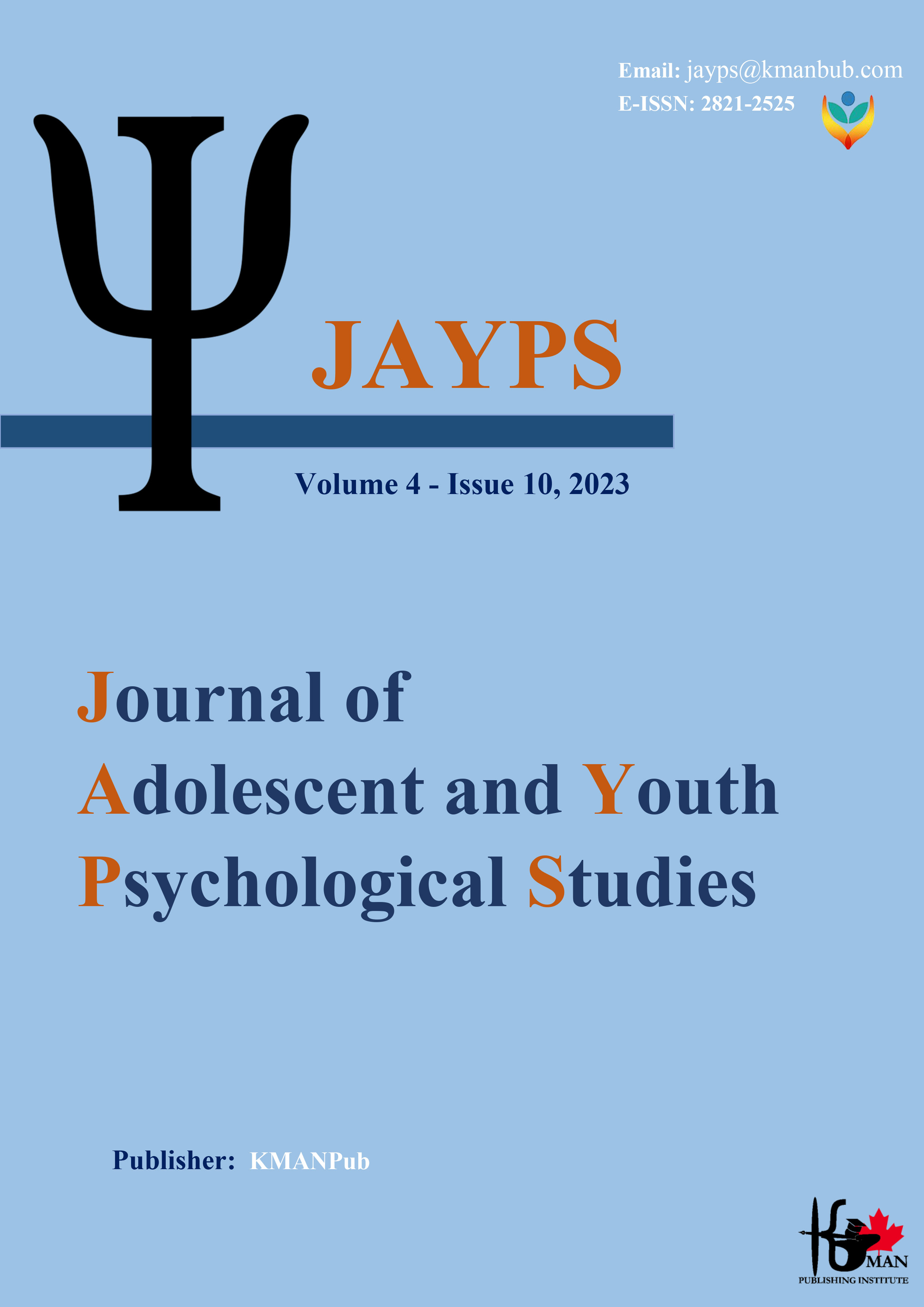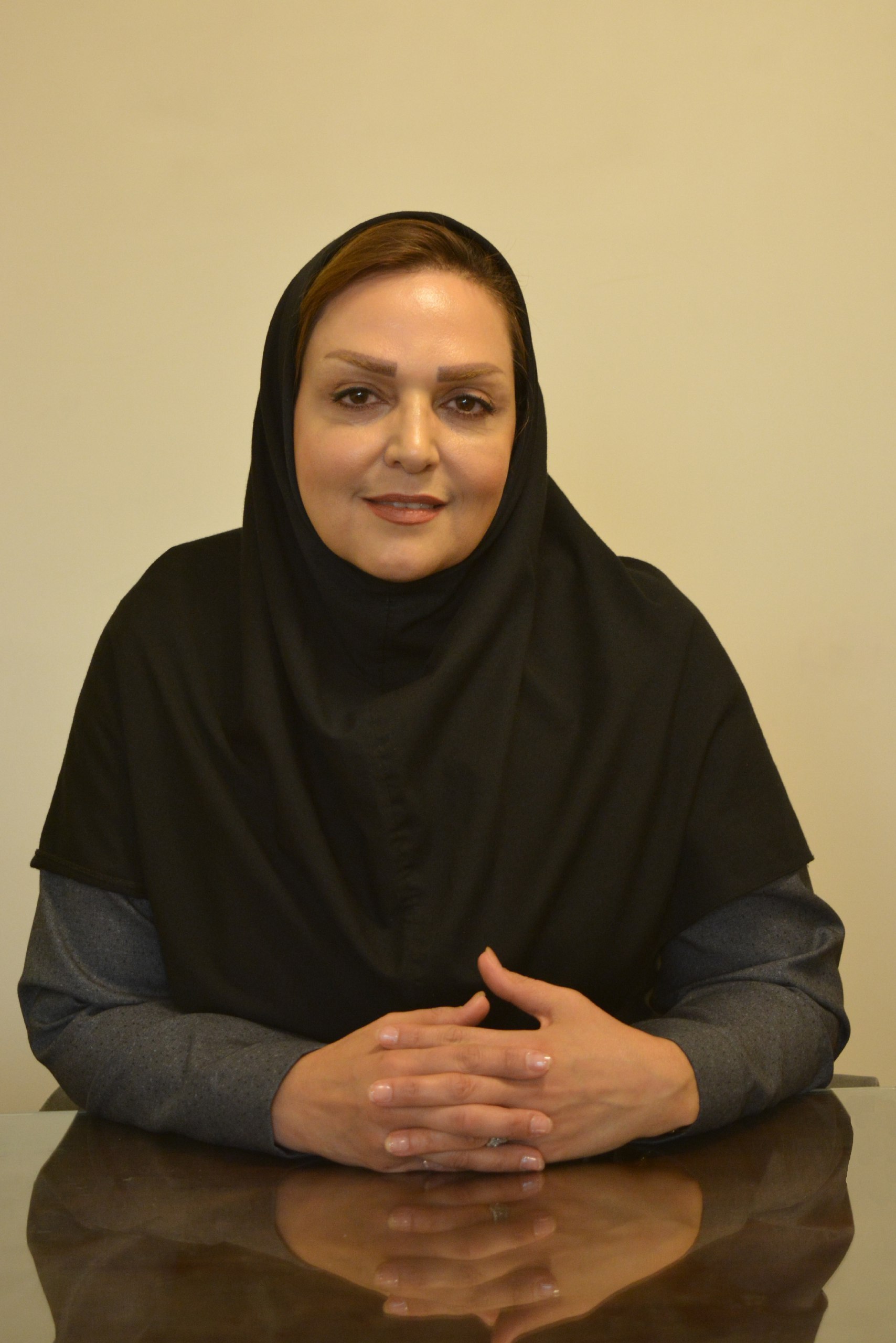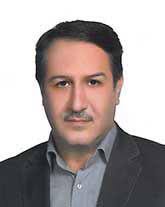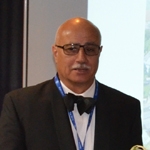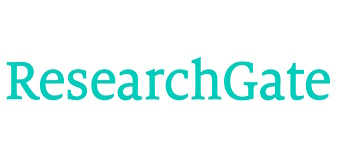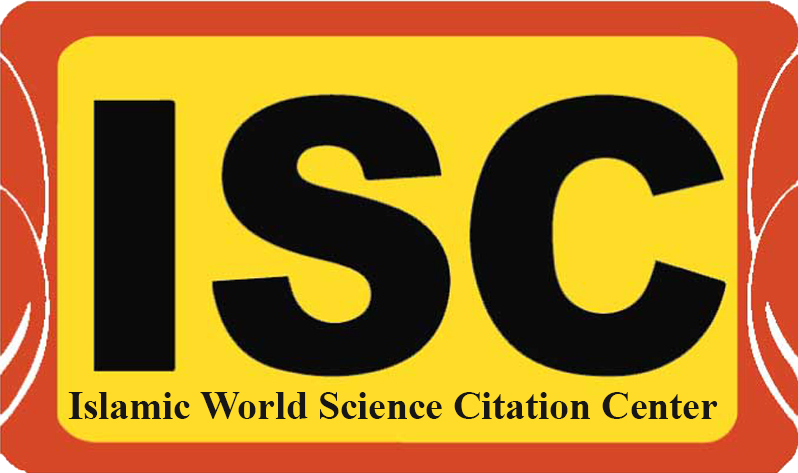Investigating the effect of cognitive-behavioral group counseling on the academic burnout of students
Keywords:
cognitive-behavioral approach, group counseling, academic burnout, students.Abstract
Background and Aim: From a psychological point of view, students' educational and learning activities in educational situations can lead to burnout as a task. These activities can create characteristics such as fatigue caused by the requirements related to study, growth, and a sense of pessimistic and insensitive attitude towards course materials, as well as a feeling of poor personal progress in coursework and education in students. Therefore, the purpose of this research was to investigate the effect of cognitive-behavioral group counseling on students' academic burnout. Methods: This research is quasi-experimental, pre-test-post-test, with the selection of two groups, including the control group and the test group, and the statistical population of this research consists of 10th grade students in the 12th district of Tehran in the academic year 2022-2023. The sample size has been considered by simple random sampling method, including 40 students (20 in the experimental group and 20 in the control group). In order to collect data, the academic burnout questionnaire of Salemla-Aru (2009) was used. Results: The results of covariance analysis show that group counseling training in a cognitive-behavioral way significantly reduced students' academic burnout in the post-test phase: Excessive fatigue components (F=9.63 and p<0.003); pessimism (F=13.33 and p<0.001); Feeling of incompetence (F=18.43 and p<0.001). Conclusion: Therefore, it is suggested to implement extracurricular classes as much as possible to prevent academic burnout for students.
Downloads
Downloads
Additional Files
Published
Submitted
Revised
Accepted
Issue
Section
License

This work is licensed under a Creative Commons Attribution-NonCommercial 4.0 International License.

